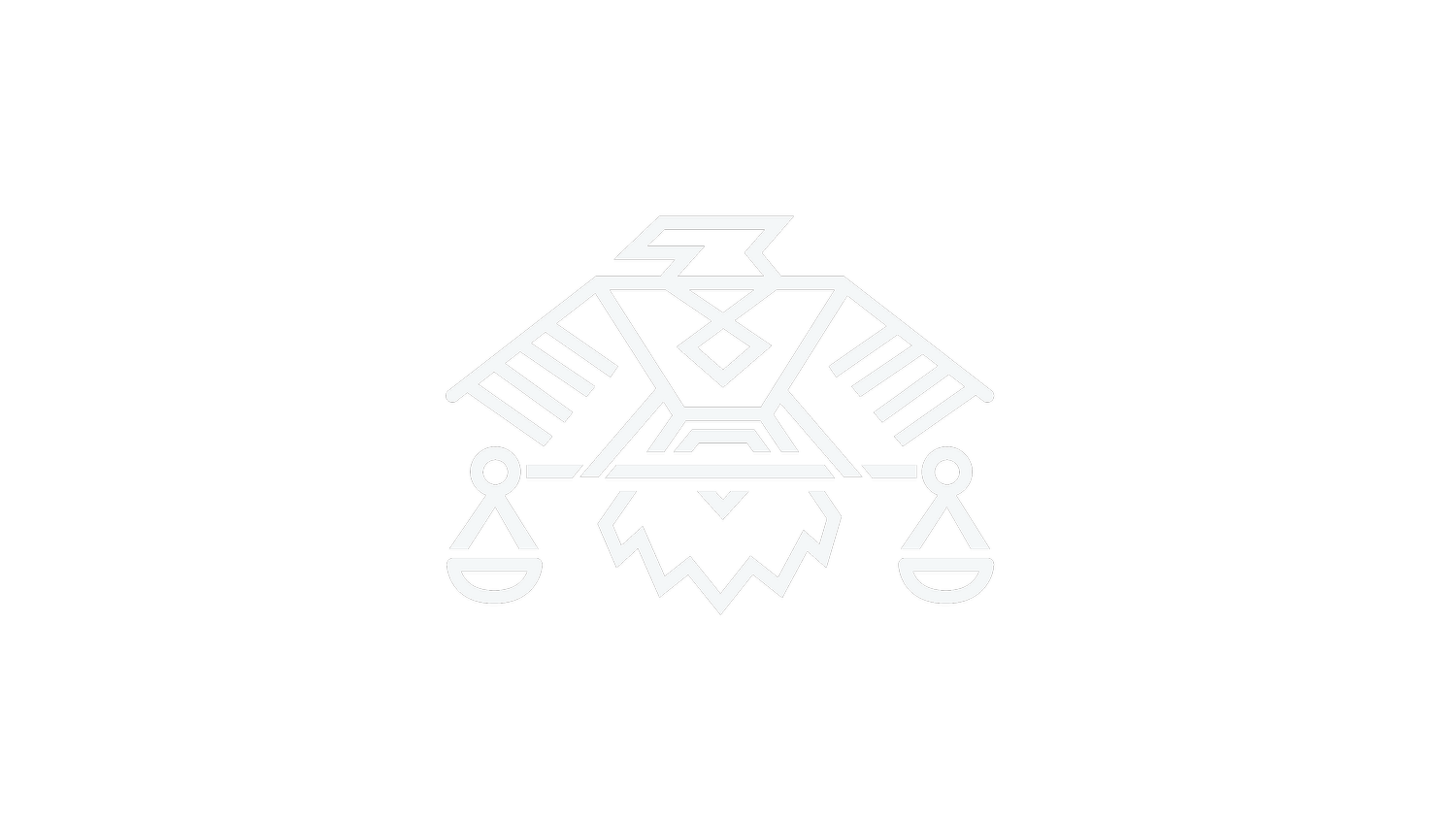THE IBA CALLS ON MEMBERS OF THE LAW SOCIETY OF ALBERTA TO SUPPORT INDIGENOUS CULTURAL COMPETENCY EDUCATION
OTTAWA, ONT – The Indigenous Bar Association in Canada (the “IBA”) fully supports and applauds the Law Society of Alberta’s (the “LSA”) adoption of mandatory continuing legal education (“CLE”) on Indigenous culture, history, and legal issues in Canada. We call on all Indigenous lawyers and allies licensed in Alberta to attend the LSA Special Meeting being held on February 6, 2023, to consider a Petition that seeks to remove this important CLE requirement and that will significantly set back reconciliation among the legal profession in Alberta.
The CLE course in question, also known as “The Path”, was introduced by the LSA in April of 2021. It includes five modules, that are reported to take approximately 5 hours to complete and includes topics such as: understanding of intercultural communication in the workplace; cultural and historical differences between First Nations, Inuit, and Métis; stories of reconciliation and resistance from coast to coast, and much more. Under LSA Rule 67.4, the LSA made completing the Path a mandatory CLE requirement for all LSA members with active/practicing status. This requirement was deferred for 18 months, allowing members until October 2022 to complete it.1
The IBA unequivocally supports Canadian laws societies taking the initiative to promote education and awareness of Indigenous people’s history, culture, and justice issues in Canada. The Path represents an important step by the LSA to address the Truth and Reconciliation Commission’s Call to Action #27 that “call[s] upon the Federation of Law Societies of Canada to ensure that lawyers receive appropriate cultural competency training, which includes the history and legacy of residential schools, the United Nations Declaration on the Rights of Indigenous Peoples, Treaties and Aboriginal rights, Indigenous law, and Aboriginal-Crow relations. This will require skills-based training in intercultural competency, conflict resolution, human rights, and anti-racism.”
The Path has earned the support of the Canadian Bar Association and its content was developed in partnership with First Nations, Inuit, and Métis advisors and lawyers. It is a step forward in the ongoing journey of reconciliation and strengthening the cultural competency of legal practitioners in Alberta and indeed across Canada.
1 Lawyers who may have already received equivalent Indigenous Cultural Competency Education may apply for an exemption to this requirement.
In early January of 2023, a Petition for a Special Meeting of LSA members was submitted and signed by 50 members of the LSA. The Petition seeks to repeal Rule 67.4 of the LSA, the Rule which authorizes the Benchers to prescribe and mandate specific Continuing Professional Development (“CPD”), including cultural, political, or ideological education on members as a condition of practice. The Petition alleges that the Rule “unnecessarily diminishes and hinders professional autonomy in the area of CPD to the detriment of the profession and the public”, amongst other reasons.
The IBA unequivocally rejects the Petition to repeal Rule 67.4 that provides the LSA the ability to fulfil their obligations under the Truth and Reconciliation Commission’s Call to Action #27. To repeal Rule 67.4 would be to take a step backwards in the progress on Truth and Reconciliation. The LSA states that Equity, Diversity and Inclusion, along with Lawyer Competence as two of the four strategic goals found in their 2020-2024 Strategic Plan. Now, more than ever, it is paramount for lawyers in Alberta to create and maintain an inclusive and supportive legal community and environment. By promoting and implementing cultural competency training, the LSA has highlighted that importance.
The Petition will be presented, debated and voted on at the Special Meeting on Monday, February 6, 2023, at 11:00 AM (MST).

